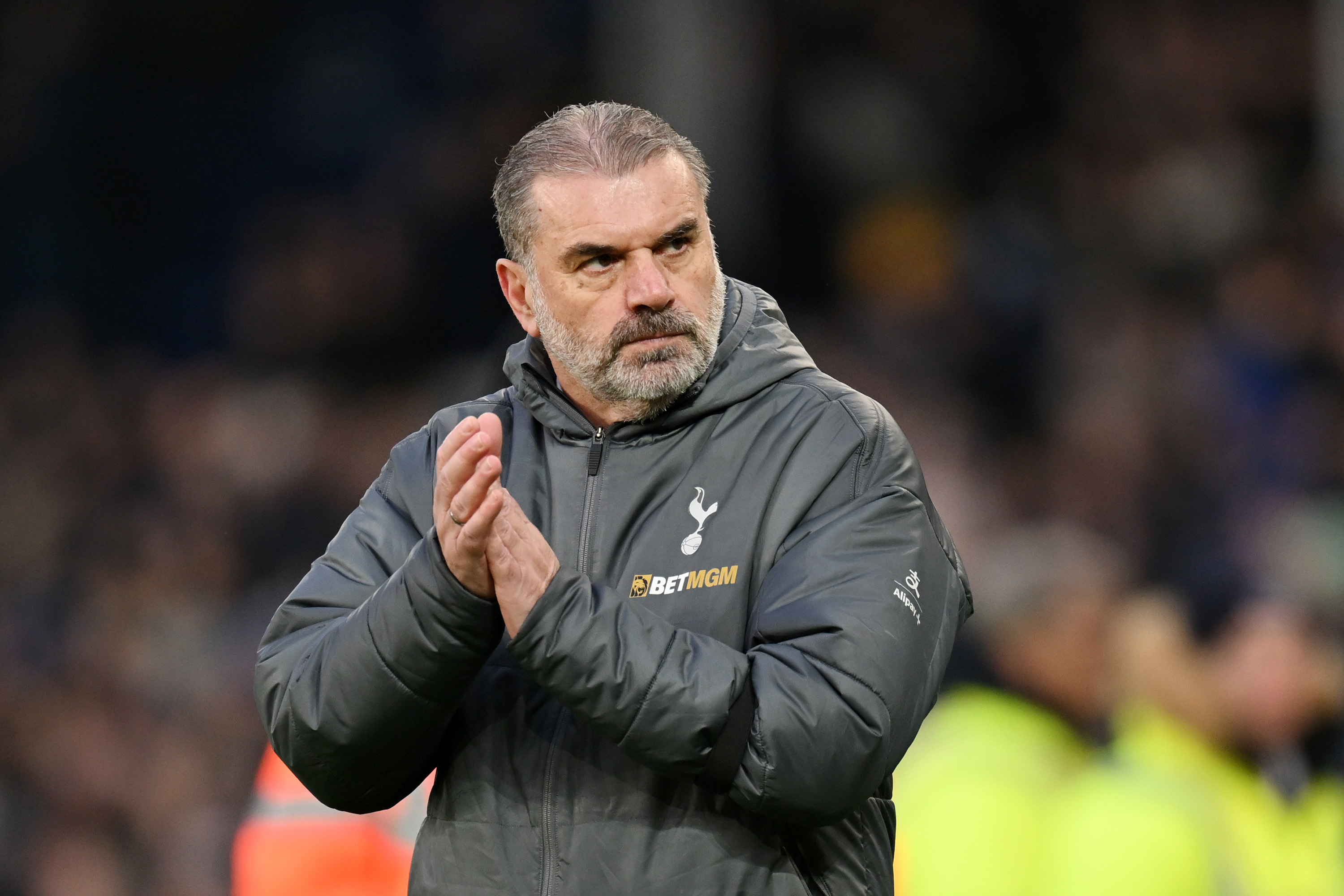Zambia answer the call of destiny
When he saw the shot sail wide he could take it no more. Already on his knees with the rest of the team, hanging on in quiet desperation, all Didier Drogba could do was slump to the floor, a physically and emotionally exhausted heap. The game was surely up.
After 120 tense minutes of football that ebbed and flowed, two hours of suspense in which Lady Destiny seemed to sway indecisively between Ivory Coast and Zambia, Gervinho missed. Stoppila Sunzu stepped up to take the 18th penalty to win the game. He smashed it home. Zambia were champions, and with it one of the most remarkable tales of redemption football has ever told was complete.
What followed were moments of emotion pure enough to rival any in Africa Cup of Nations history. Joy, smiles, tears, glory, kinship, unity. James Chamanga pounded the air in sheer delight before weeping uncontrollably. Kennedy Mweene charged off, clearing the advertising board like an Olympic hurdler. Team coach Herve Renard carried Joseph Musonda, too wounded to walk having gone off injured after 10 minutes, to pray with his ecstatic teammates.
Just a few miles from the site at which 30 people -“ including 18 members of the national team -“ lost their lives in a tragic plane crash 19 years earlier, Christopher Katongo lifted the trophy for Zambia. The banner in the crowd read "œZambia Chipolopolo: Honouring the Gabon crash heroes in style. AFCON 2012 Champs." Against the backdrop of a desperately painful past, this was a life-affirming tale of atonement.
The significance of the occasion was not lost on Zambia's players. After the game came tears of joy as players recognised their role in this incredible story. "The win is very emotional," midfielder Isaac Chansa wept. "Yes it [the air crash] played a part, we believed that if the final will be in Libreville this will be ours this time around. Like the coach said, it was written somewhere that we will win it."
Chansa fulfils destiny
Golden Boot winner Emmanuel Mayuka was near speechless."œA voice inside me told me that this was our day, that the cup would be ours. I don't know what to say. It's indescribable. Only God has made this possible. We thank him with all our hearts."
Get FourFourTwo Newsletter
The best features, fun and footballing quizzes, straight to your inbox every week.
To put this unforgettable triumph into context it is worth remembering just how unlikely it was first considered. Even without the likes of Egypt, Nigeria and Cameroon, Zambia had gone into this tournament as 50/1 outsiders. The 2-1 opening win over Senegal alone was described as 'stunning'. To reach the final therefore was an exceptional achievement. To win it, a fairytale.
"This is something enormous -“ something that appeared unrealisable before the competition began," said coach Renard, now a hero to the Zambian people in his second spell in charge. "I told them if we got to the final we would play in Gabon where the plane crashed. There was a special significance in that. They found the strength. I don't know where."
Renard is a shining example of a foreign coach that has embraced the history and background of his adopted nation. No sooner had the Frenchman received his winner's medal than he took it off his neck and placed it on that of Kalusha Bwalya, president of the Zambian FA and central figure of the 1993 team.
Renard and Bwalya embrace in triumph
Bwalya's dreams were finally fulfilled in Libreville and it was a touching and heartwarming moment to see him lift the trophy he spent decades pursuing in honour of his fallen team-mates. "œHe is the best Zambian player of the last century and he escaped the plane crash," said Renard. “He was criticised for giving me the second chance. I dedicate the victory to him because he gave me the opportunity to coach."
Fitting too was the presence of former Zambian president and godfather of independence Kenneth Kaunda, flown out especially for the final; a man who so enthusiastically followed football during his presidential reign between 1964 and 1991 that he often attended random lower-league matches out of sheer love for the game. Before the Chipolopolo nickname, Zambia were known as the 'KK XI' in tribute to their pioneering former leader.
Kaunda gets his hands on the trophy
In a presidential address, recently elected Zambian president Michael Sata was exuberant in his praise for the squad. "œYou have really honoured your departed colleagues who perished during the course of national duty off the coast of Gabon. To the coaches, team management, Football Association of Zambia executive and everybody involved, I say it is a job well done."
Celebrating a job well done might be the only priority for many Zambians in the coming days and weeks. But when the dust settles they can anticipate an exciting future following the Chipolopolo. Not only are Zambia African champions, they also possess a team full of young, newly-successful talent with ample room for growth.
In defenders Chisamba Lungu and Sunzu, the graceful Nathan Sinkala and the highly gifted striker Mayuka there exists a spine that could well be in place for the next decade, and already they possess the invaluable experience of winning a major tournament. Others are emerging, like 17-year-old Evans Kangwa.
When appointed president of Zambia's FA in 2008 Bwalya said his dream was "that Zambia should one day be able to go to the World Cup." Never has that goal seemed more attainable.
Perhaps we will see the Chipolopolo at Brazil 2014. What matters now though is that in 2012, in Gabon of all places, Zambia completed a journey so remarkable it felt touched by the hands of destiny.
